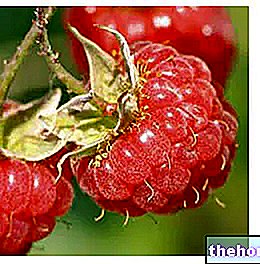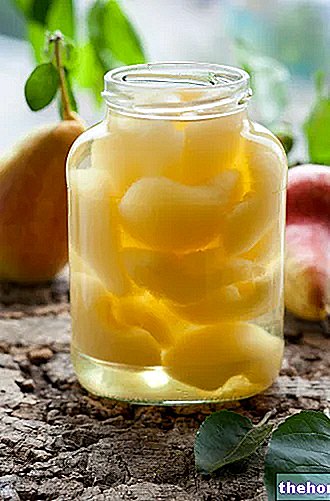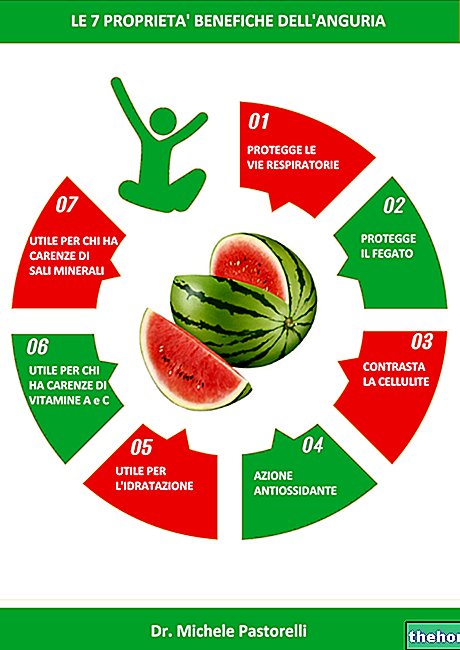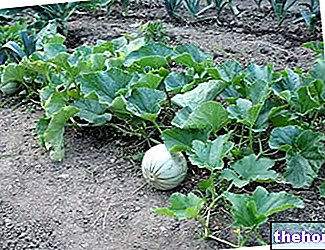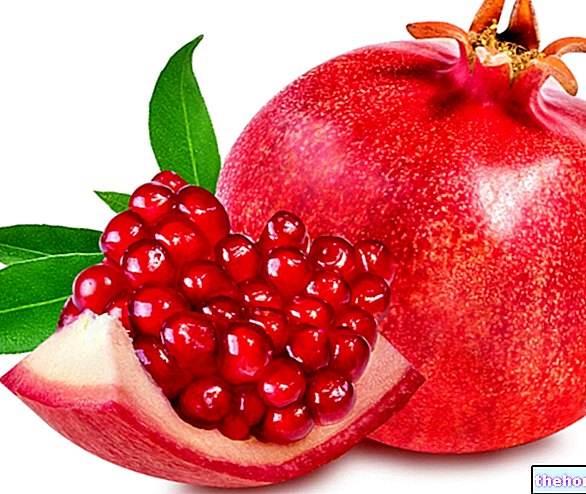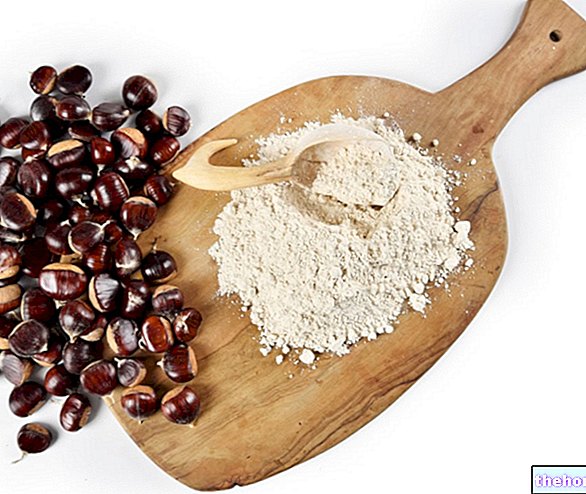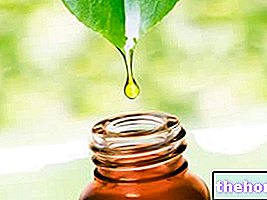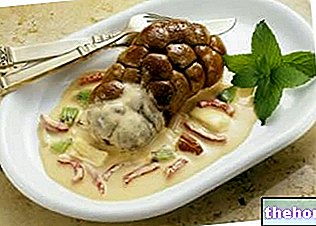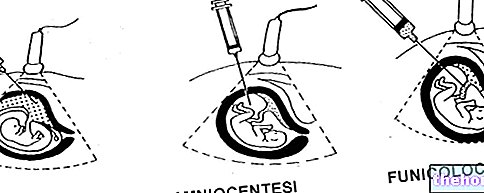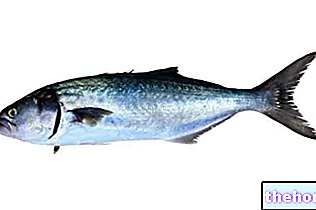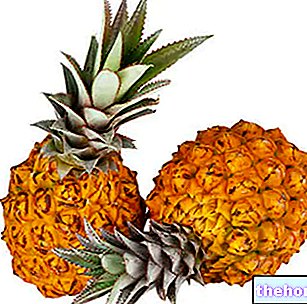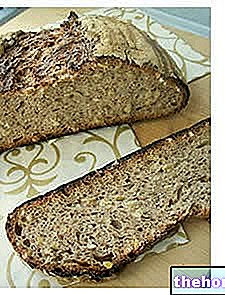Introduction
Soft, fleshy and very sweet, the persimmon fruit symbolizes the "autumn," season of transition "often responsible for exhaustion and psychophysical stress; thanks to the interesting nutritional values and related properties, persimmon represents an excellent expedient to start the" Autumn.
First of all, persimmons are considered very energetic: in this regard they are suitable for children, the elderly and sports lovers. Furthermore, the fruits have laxative, diuretic and hepatoprotective properties.

Nutritional analysis
Studying the tables of the nutritional values of various fruits, persimmons are certainly not among those with a low calorie content: in fact, 100 grams of persimmons provide approximately 65-70 kcal (equivalent to about 272 kJ). Water constitutes approximately. 80%, sugars as much as 16-18%, while fibers are calculated at around 2.5%, proteins at 0.6% and fats at 0.3%.
Among the mineral salts, the primacy (in terms of quantity) certainly goes to potassium (approx. 161-170 mg%), a mineral that gives persimmon its marked diuretic properties. In addition to potassium, phosphorus (20 mg%), magnesium, calcium and sodium are also mentioned; selenium and manganese are found only in trace amounts.
The quantity of vitamin C is also considerable: it should be emphasized that the quantity of ascorbic acid varies according to the degree of ripeness of the fruit, ranging from 50 mg to 7 mg in very ripe persimmons.
Persimmon is also rich in beta-carotene, precursor of vitamin A: it is estimated that 100 grams of fresh product provide 1.4 mg of retinol equivalent. The pigments (lycopene and xanthines) act synergistically with provitamin A, enhancing its final action (antioxidant and possible prevention of cardiovascular diseases). [From Complementary Therapies in Geriatrics, by Enrica Campanini, Stefania Biondo]
Unripe persimmon is a mine of tannins, to which the well-known astringent properties are ascribed: the typical perception of having a "tied mouth" is due precisely to the tannic component. During maturation, the amount of tannins is strongly reduced, vice versa, the sugars (fructose and glucose) increase.
Properties of persimmon
As mentioned in the opening words, persimmon is a rather energetic fruit due to the large amount of sugars: strictly speaking, the consumption of persimmon is not recommended for those suffering from diabetes or obesity, but recommended in case of inappetence, psychophysical stress and sport.
The persimmon fruit should be eaten raw: in this way, a good supply in terms of vitamins and mineral salts is guaranteed, benefiting from the good vitaminizing and remineralizing effect.
Due to the presence of potassium, persimmon is considered a good diuretic and purifying, while the high fiber content makes the fruit an excellent natural remedy against constipation (laxative properties).
Persimmon is also recommended in case of hepatic disorders (hepatoprotective virtues), haemorrhages (astringent and haemostatic virtues of immature fruits) or antibiotic treatments responsible for an impairment of the intestinal flora.
Excellent natural remedy against stress, persimmon is also recommended in case of fatigue and asthenia.
Lastly, persimmon exerts an "important protective activity against the spleen, pancreas, stomach and small intestine.
Persimmon Pudding with Berries
Authentic delicacy, simple and quick to prepare, signed by Alice, the official personalcooker of MypersonaltrainerTv. Persimmon pudding is the ideal dessert to delight even the most reluctant palate to savor these fruits rich in beneficial properties. Enjoy and enjoy your meal!
Persimmon pudding
Problems with playing the video? Reload the video from youtube.
- Go to the Video Page
- Go to the Video Recipes Section
- Watch the video on youtube
Other articles on "Persimmon or Kaki: Nutritional Values and Properties"
- Persimmon
- Persimmon in short, a summary of the properties of persimmons

